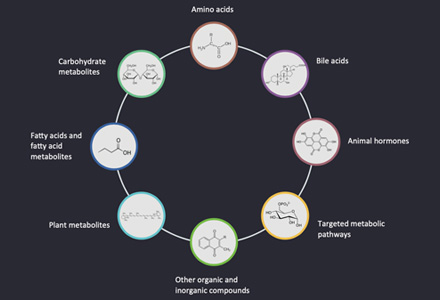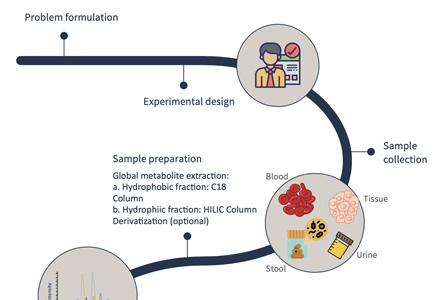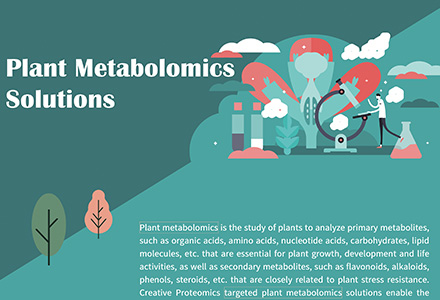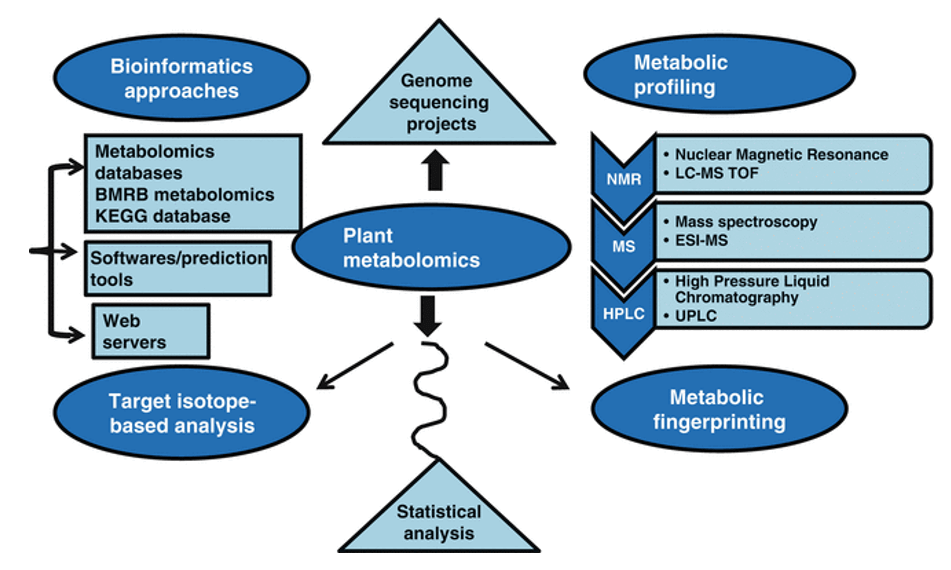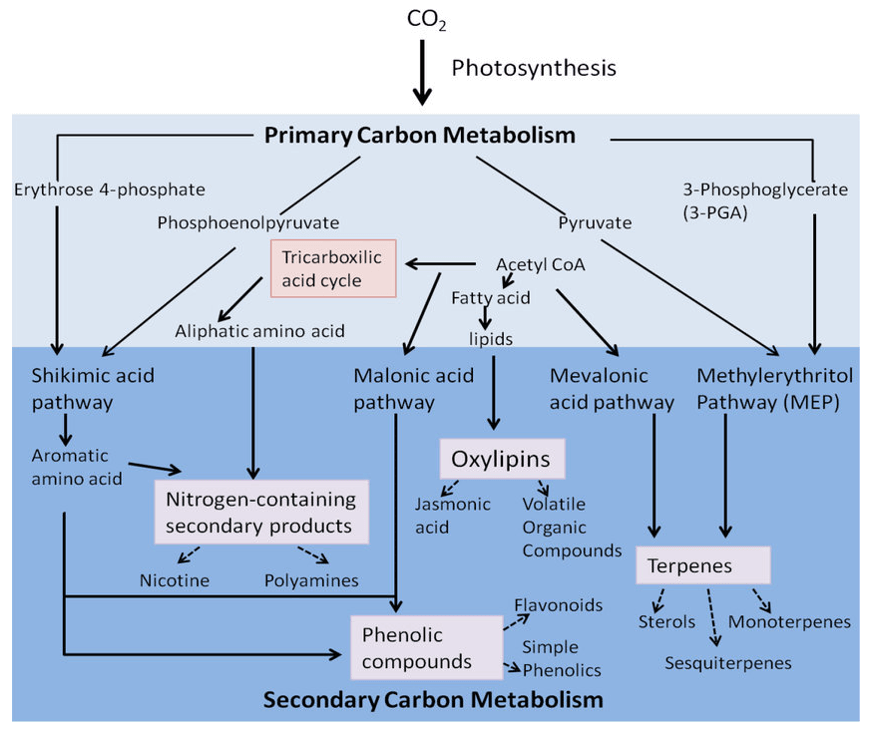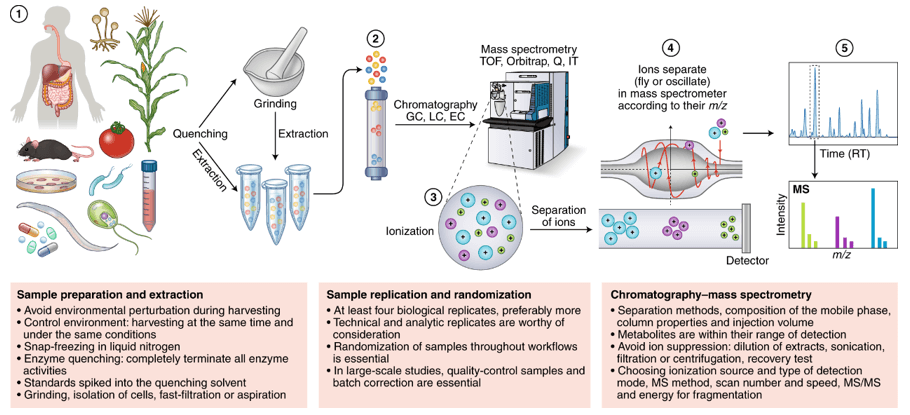Overview
Flavonoids are a kind of polyphenolic compounds in which their chemical structure containing two phenyl rings linked by a propane bridge resulting in the characteristic 15-carbon (C6–C3–C6) flavan skeleton. Flavonoids can be classified in different subtypes according to the degree of unsaturation and degree of oxidation of the 3-carbon skeleton. Many of these compounds are glycosylated, when glycosides are formed, the glycosidic linkage is normally located in positions 3 or 7 and the carbohydrate can be L-rhamnose, D-glucose, glucorhamnose, galactose or arabinose (Figure 1). After being glycoslated, flavonoids increase solubility in the aqueous cellular environment and protects the reactive hydroxyl groups from auto-oxidation, which allows the transport of flavonoids from the endoplasmic reticulum to various cellular compartments and their secretion to the plasma membrane and the cell wall. So far, more than 300 C-glycosylated flavonoids have been found, which have diverse biological functions including protection against ultraviolet radiation and phytopathogens, signaling during nodulation as well as the coloration of flowers as a visual signal that attracts pollinators. In addition, certain C-glycosylated flavonoids have pharmacological bioactivity and therefore is beneficial for treating human diseases like diabetes and cancer. Scientists at Creative Proteomics take advantage of highly quantitative methods with high-performance liquid chromatography (HPLC) for the determination of C-glycosylated flavonoids related metabolites levels in various samples. Furthermore, we provide reliable, rapid and cost-effective C-glycosylated flavonoids related service to speed up your research aims.
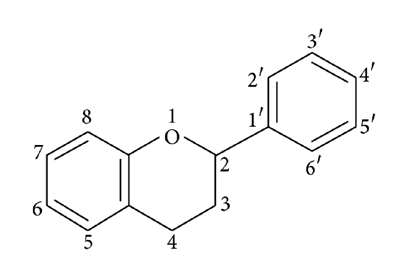 Figure 1. Basic flavonoid structure.
Figure 1. Basic flavonoid structure.
The Main Applications of C-glycosylated Flavonoids Service
- Identifying novel biomarkers of diseases
- Improving therapeutic effects of diseases
- Accelerating development of novel drugs
- Gaining new mechanism of diseases
Advantages of Our C-glycosylated Flavonoids Service
- Constantly optimized protocol and analytical software
- Professional experiment design
- Quick turnaround time
- High accuracy, specificity, and sensitivity
Service Workflow
Creative Proteomics provides C-glycosylated flavonoids analysis service in a reliable and effective manner, based on our cutting-edge HPLC platforms. The experimental procedures contain four main procedures: sample collection, metabolites extraction, HPLC data analysis and bioinformatics analysis (Figure 2). Our service will be tailored to specific samples and needs for optimal results.
 Figure 2. The overall workflow of C-glycosylated flavonoids
Figure 2. The overall workflow of C-glycosylated flavonoids
Sample Requirements
We can analyze a wide range of biological materials including but not limited to cells and solid tissues. If you need transport your samples to us, please follow the following requirements for different types of sample:
- Foliage: ≥1.0g /sample
- Tissue: 200mg/sample
- Cells: 1x107/sample
- Liquid: 500µl/sample
Shipment condition: dry ice
Report Delivery
- Experimental protocols
- Instrumental factors of HPLC
- The raw data files of HPLC and the summary of HPLC data quality
- Bioinformatics analysis report
Based on advanced HPLC platforms for the determination of C-glycosylated flavonoids related metabolites, professional bioinformatic analysis software and experienced technicians and scientists, Creative Proteomics provides customer-tailored C-glycosylated flavonoids analysis service with rapid experimental procedures and easy to read report, to accelerate your scientific research.
References
- Kumar Shashank, Pandey Abhay K. Chemistry and biological activities of flavonoids: an overview. The Scientific World Journal. 2013.2013:162750.
- Agati Giovanni, Tattini Massimiliano. Multiple functional roles of flavonoids in photoprotection.New Phytol. 2010.186:786-793.
For Research Use Only. Not for use in diagnostic procedures.


 Figure 1. Basic flavonoid structure.
Figure 1. Basic flavonoid structure. Figure 2. The overall workflow of C-glycosylated flavonoids
Figure 2. The overall workflow of C-glycosylated flavonoids